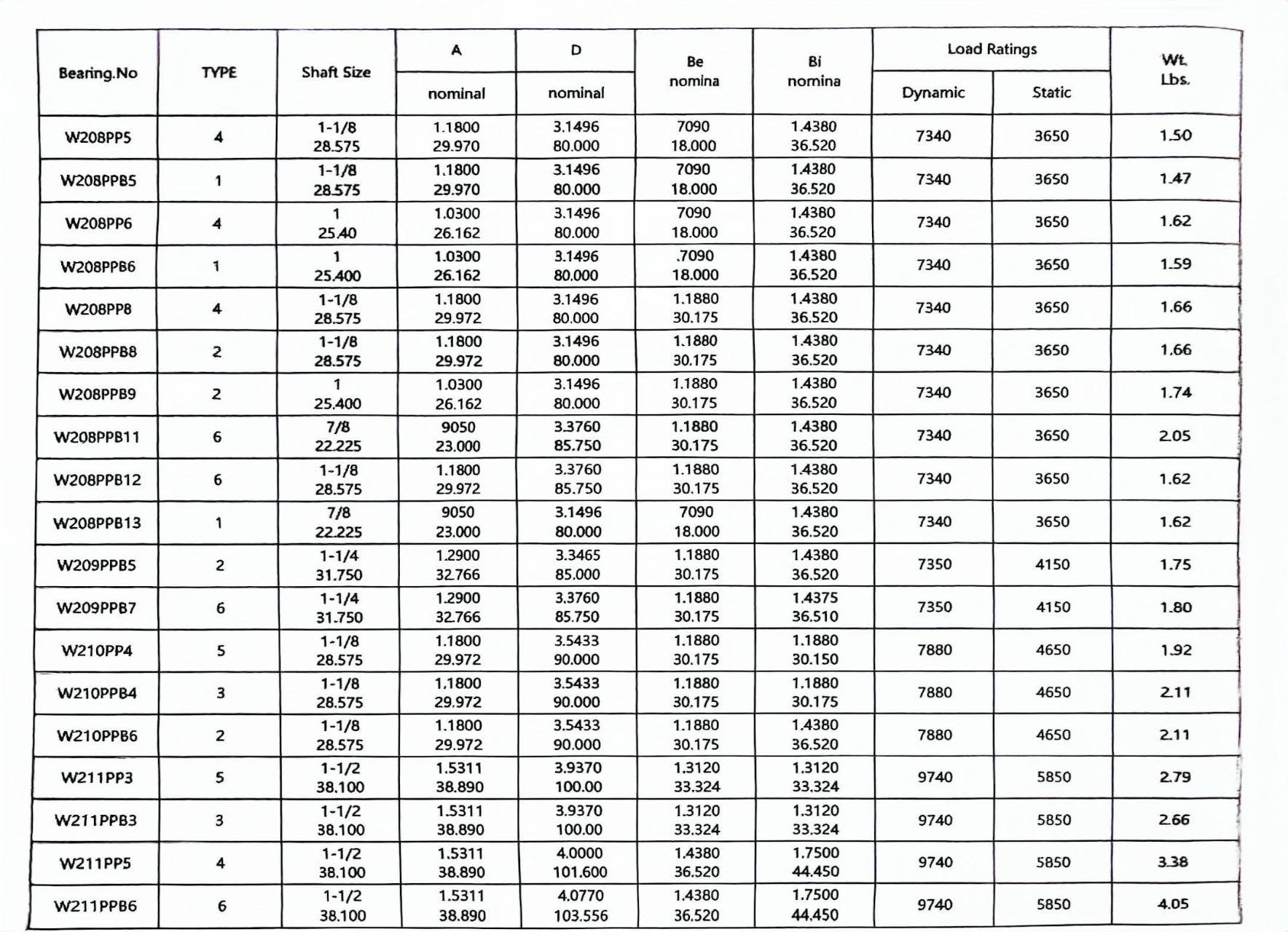Dis . 27, 2024 18:55 Back to list
greasing motor bearings exporter
The Importance of Greasing Motor Bearings
Motor bearings are integral components in the functioning of various machines, playing a critical role in ensuring smooth operations and extending the lifespan of equipment. One key aspect of maintaining motor bearings is the application of grease. Greasing motor bearings not only minimizes friction but also protects against corrosion and contaminant ingress. In this article, we will explore the importance of greasing motor bearings, types of grease used, and best practices for maintenance, especially from the perspective of exporters in the realm of machinery components.
Understanding Motor Bearings
Motor bearings serve as the supporting structures for shafts, allowing them to rotate freely while reducing wear and tear. Typically found in electric motors, generators, pumps, and industrial machinery, these bearings come under significant mechanical stress during operation. Therefore, the lubrication of these components is vital. Proper greasing can help maintain an optimal operating temperature, reduce energy consumption, and protect the bearings from external contaminants such as dust and moisture.
The Role of Grease
Grease serves multiple purposes in bearing maintenance. Primarily, it acts as a lubricant that reduces friction between moving parts. By minimizing friction, grease prevents overheating and the subsequent risk of bearing failure, which can lead to costly repairs and downtime. Additionally, grease forms a barrier against contaminants, ensuring dirt and moisture do not infiltrate the bearing assembly and compromise performance.
1. Friction Reduction Grease helps in reducing the heat generated due to friction, which is crucial for prolonging the life of the bearings. 2. Corrosion Protection The right grease formulation can inhibit rust formation and protect against corrosive elements that bearings may be exposed to. 3. Contaminant Barrier Grease can act as a seal, preventing the entry of harmful particles that could degrade the bearing's performance over time.
Types of Grease
Selecting the right type of grease for motor bearings is essential, as different applications require different formulations. Common types of grease include
1. Lithium-based Grease This widely used grease offers good water resistance and stability at high temperatures, making it suitable for various industrial applications. 2. Calcium-based Grease Known for its excellent water resistance, calcium grease is often used in marine applications or environments exposed to moisture. 3. Synthetic Grease With superior performance at extreme temperatures, synthetic greases are ideal for specialized applications, such as aerospace or high-speed machinery.
greasing motor bearings exporter

4. Extreme Pressure (EP) Grease Designed to perform under high-load conditions, EP grease contains additives that provide additional protection in heavy-duty applications.
Best Practices for Greasing Motor Bearings
For exporters and manufacturers dealing with motor bearings, adhering to best greasing practices is paramount. Here are some recommendations
1. Regular Maintenance Establish a maintenance schedule for greasing intervals based on manufacturer guidelines and operating conditions. This ensures that bearings are sufficiently lubricated and minimizes the risk of failure.
2. Use the Right Tools Employ appropriate greasing equipment, such as grease guns or automatic lubrication systems, to ensure accurate and reliable grease application.
3. Avoid Over-Greasing While adequate lubrication is crucial, over-greasing can lead to increased pressure inside the bearing housing, potentially causing seals to fail.
4. Monitor Performance Regularly inspect motor bearings for signs of wear, unusual noises, or temperature fluctuations. Monitoring helps to detect issues early, allowing for timely intervention.
5. Choose Quality Grease Invest in high-quality grease that matches the specific requirements of the operational environment and the type of bearings in use.
Conclusion
Greasing motor bearings is a critical maintenance practice that significantly impacts the efficiency and longevity of machinery. For exporters, understanding the various aspects of bearing lubrication—from the selection of grease to best maintenance practices—can enhance the reliability of their products and services. By prioritizing effective greasing, businesses can minimize downtime, reduce operational costs, and ultimately ensure that their machinery runs smoothly and efficiently. Prioritizing quality in greasing solutions not only benefits individual exporters but also contributes to the overall reliability of industries globally.
Latest news
-
25MM 2 BOLT UCFLX05-14 Flange bearing unit( oval)
NewsMar.07,2025
-
4 bolt UCF 200 series Pillow block bearings
NewsMar.07,2025
-
25MM 2 BOLT UCFLX05-14 Flange bearing unit( oval)
NewsMar.07,2025
-
UCF216-50 4-Bolt Flange Housing Square Bearing
NewsMar.07,2025
-
25MM 2 BOLT UCFLX05-14 Flange bearing unit( oval)
NewsMar.07,2025
-
spherical roller bearing material exporter
NewsMar.07,2025





